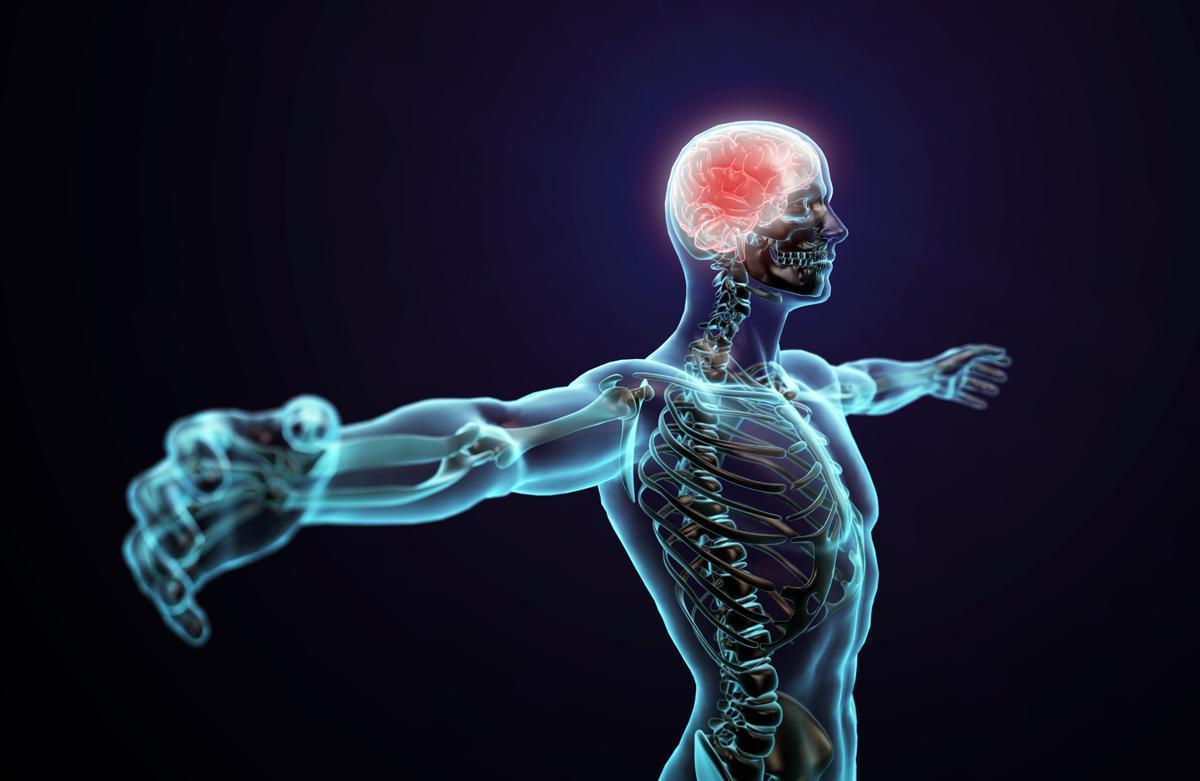PRODUCT NEWS
 |
| Is exercise the secret cure to lazy eye? |
 |
| 08 Jan 2016 . BY Jak Phillips |
 |
|
|
 |

|
 |
| The research suggests that moderate levels of physical activity enhance neuroplasticity in the visual cortex of adult humans / Shutterstock.com |
 |
The brain’s capacity to learn, remember and repair depends on the ability of neurons to change with experience – a complex process that researchers say can be boosted by regular exercise.
Reporting in the latest edition of Cell Press journal Current Biology, scientists have produced evidence that exercise may enhance the plasticity of the adult brain, making it more flexible and open to new ideas and ways of learning.
The findings could also have implications for people with conditions such as amblyopia (lazy eye) and traumatic brain injury, which the researchers believe may be treatable with regular bouts of physical activity.
"We provide the first demonstration that moderate levels of physical activity enhance neuroplasticity in the visual cortex of adult humans," said Claudia Lunghi of the University of Pisa in Italy.
"By showing that moderate levels of physical activity can boost the plastic potential of the adult visual cortex, our results pave the way to the development of non-invasive therapeutic strategies exploiting the intrinsic brain plasticity in adult subjects.”
To find out whether exercise can boost brain plasticity in people in the same way it has been shown to in animals, the researchers measured the residual plastic potential of the adult visual cortex using a simple test of binocular rivalry. Most of the time, our eyes work together. But when people have one eye patched for a short period of time, the closed eye becomes stronger as the visual brain attempts to compensate for the lack of visual input. The strength of the resulting imbalance between the eyes is a measure of the brain's visual plasticity and can be tested by presenting each eye with incompatible images.
In the new study, Lunghi and colleague Alessandro Sale of the National Research Council's Neuroscience Institute put 20 adults through this test twice; in one deprivation test, participants with one eye patched watched a movie while relaxing in a chair. In the other test, participants with one eye patched exercised on a stationary bike for ten-minute intervals during the movie. The results were clear: brain plasticity was enhanced by the exercise.
"Our study suggests that physical activity, which is also beneficial for the general health of the patient, could be used to increase the efficiency of the treatment in adult patients," added Lunghi. "So, if you have a lazy eye, don't be lazy yourself!"
Lunghi and Sale say they now plan to investigate the effects of moderate levels of physical exercise on visual function in amblyopic adult patients and to look deeper into the underlying neural mechanisms.
The findings serve to further underline the importance of exercise in relation to brain function. They follow findings from the University of Kansas Medical Center (KUMC) that raising fitness levels in later life can boost brain function. The research indicated that the intensity of the exercise appeared to matter more than the duration, backing up previous conclusions. Meanwhile, scientists in Japan recently concluded that regular exercise can help the brain hold back the sands of time and perform in the same way as it did in years gone by.
|
 |
|
|
|
 |
 |
 |
|
| PRODUCT NEWS |
 |
|
 |
General Manager
Coach Gyms |
 |
Salary:
£40,000pa basic + bonus + commission
Job location: Leeds, Yorkshire , United Kingdom |
|
|
 |
Perfect Gym Solutions S.A.

Perfect Gym, part of the Sport Alliance group, is a global software provider specialising in fitness [more...] |

|
 |

|
Precor

Precor has been a pioneer in delivering fitness experiences for commercial customers for more than 4 [more...] |

|
 |

|
|
|
 |

 |
 |
| DIARY |
|
|
